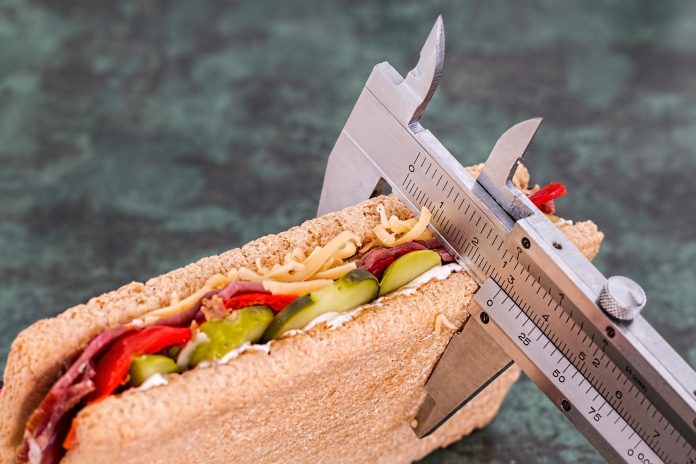Eating disorders are a very real concern, especially among our youth.
Dietician Bertus Coetzer says it’s time to open up conversations that will help those struggling with eating disorders not to feel alone and to find ‘food freedom’.
It’s hard to believe, looking at him, that Bertus was once heavily overweight, fighting his own weight loss and eating battle.
“I have struggled with my weight my entire life. I know what it’s like to feel like you are being constantly tortured by food.”
It was for this reason, about 12 years ago, that he decided to change the course of his life and study dietetics and psychology. “I was only 22, weighed around 115kg and bordered on becoming a Type 2 diabetic. I was desperate to find a solution.”

Determined to find his own ‘food freedom’, Bertus says dietetics and psychology are closely interlinked. “You have to find and address the ‘why’ in your relationship with food before you can fix an eating disorder.”
Based in Ballito, Bertus works in hospitals focussing on nutritional psychology. He’s also in the process of setting up an eating disorder support group.
“On a daily basis I see girls struggling with severe eating disorders. Some haven’t menstruated for six months and women in their 30s are already going into early menopause. Social media and the ‘diet culture’ have a lot to do with it.”
Bertus says eating disorders are addictions, similar to being an alcoholic or drug addict. The difference is that those things can be removed from your life. Food can’t be.
“We need food to survive, so our relationship with food is extremely important. This is one of the hardest addictions to live with because no one talks about it.”
So, what do we need to do to fix it? “Start conversations and talk about eating disorders. Parents need to have these conversations with their kids.
We are quick to tell them not to drink alcohol, but how often do we talk to them about their relationship with food?”
It’s important, Bertus says, to stop ‘villianising’ certain foods and food groups. “One doughnut is not going to make you fat, just like one salad won’t make you thin. It’s about what you do consistently. My best advice is to live by the 80/20 rule. Try to make healthy choices 80 percent of the time, and the rest of time eat whatever you want!”
Details: Bertus Coetzer, [email protected], 073 454 5706, @dietitian__bert
Eating disorder prevention tips
- Ditch the notion that a particular diet, weight or body size will lead to happiness. You are more than what your body looks like.
- Learn about the types of eating disorders. Awareness will help you avoid judgemental or mistaken attitudes about food, weight, body shape and eating disorders and help you to learn the signs of potential eating disorders.
- Avoid categorizing foods as ‘good’ vs ‘bad’. A healthy diet should focus on whole foods (produce, lean meats, low-fat dairy, nuts and legumes) but allow room to enjoy all kinds of food in moderation.
- Value yourself based on your goals, accomplishments, talents and character not your body weight and shape. Be grateful your body can dance, clean the house, walk upstairs, give birth and more.
- If you think someone has an eating disorder, express your concerns in a caring manner. Gently but firmly encourage the person to seek professional help. If you have an eating disorder, don’t let it control your life any longer. Reach out and find out how a tailored treatment programme can help you regain control over your life and find food freedom.






